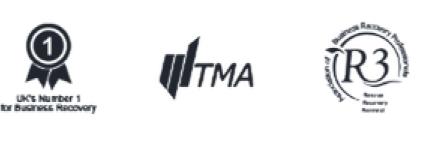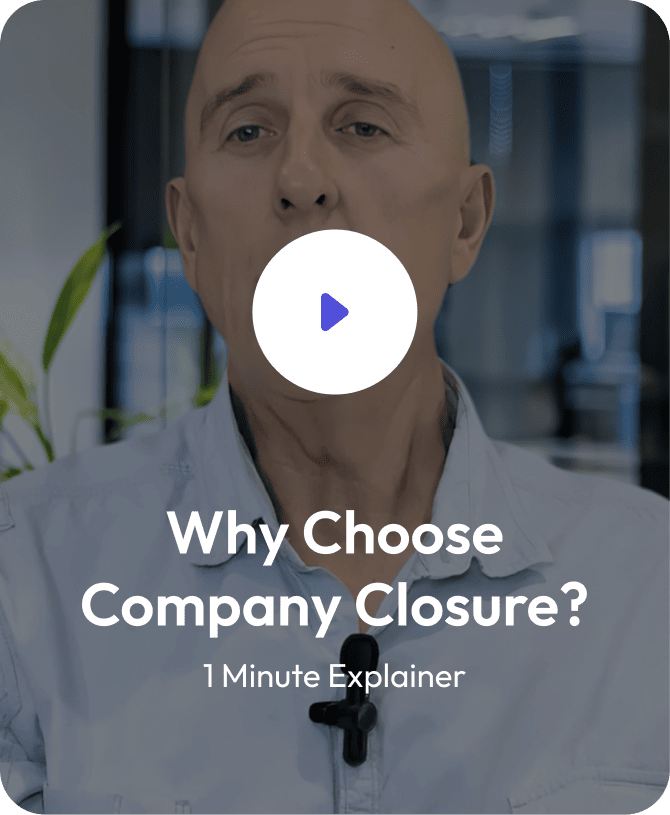How to close a solvent company via Members’ Voluntary Liquidation (MVL)
Solvent companies can pay their bills as they fall due and the value of their balance sheet assets is higher than their liabilities. The company’s members pass a resolution to enter Members’ Voluntary Liquidation (MVL) and a licensed insolvency practitioner carries out the process.
Assets are sold or distributed amongst the shareholders and distributions are taxed as capital gains. If a shareholder is eligible to claim Business Asset Disposal Relief (BADR) their tax liability is further reduced to an effective rate of 10 per cent.
The rate of Business Asset Disposal Relief will increase to 14% in April 2025, and again to 18% in 2026.
What if a company has distributable profits of less than £25,000, however?
Voluntary company dissolution to close a solvent company
You can close your limited company via dissolution if the business is solvent and you haven’t traded or changed its name for three months. You must also not have entered into any agreements with your creditors.
In the case of voluntary dissolution, it’s the directors who submits the strike off application via a DS01 form and winds down the business’s affairs. This includes closing down the payroll scheme, informing creditors of the plans to close, and paying any tax liabilities that remain due.
It’s highly advisable to obtain professional assistance when establishing the business’s financial position before entering this process, however, as company dissolution isn’t appropriate for insolvent companies.
Closing an insolvent company via Creditors’ Voluntary Liquidation (CVL)
If your business is carrying unmanageable debt and cannot be rescued, Creditors’ Voluntary Liquidation offers you the best way out of the situation. It allows you to execute your legal duties as a director of an insolvent company, which is an important consideration in these circumstances.
As with solvent liquidation, CVL also requires a licensed insolvency practitioner to be appointed to carry out the process. This involves selling business assets at a liquidation auction and distributing the proceeds amongst creditors according to the statutory ranking.
As part of the liquidation process, the conduct of the directors in the period leading up to the company becoming insolvent will be investigated by the appointed insolvency practitioner and the findings of the director investigation submitted to the Insolvency Service.
Although your actions as a director will be investigated during a CVL, by voluntarily closing your company once you become aware it is insolvent and the situation is untenable, you are demonstrating your desire to adhere to your legal duties as the director of an insolvent company by prioritising creditor interests and shielding them from further losses.
Company Closure can provide further advice on closing a limited company in the UK, tailored to your circumstances. We offer free, same-day consultations and operate a broad network of offices nationwide. Please get in touch to find out more.
Need to speak to someone?
With multiple offices across the UK and a vastly experienced team of business closure experts, you are never far away from the advice you need. Our Licensed insolvency practitioners provide free consultations to all directors and shareholders, and can quickly ascertain which closure method is best for your business.
We are licensed by recognised professional bodies and have helped thousands of directors over many years. Contact us today for your free company closure consultation.
Related Posts
25,000+ Company Directors Supported – Partner Led Service
At Company Closure we have a nationwide team of licensed insolvency practitioners and company closure experts here to help you understand your options. Whether your company is solvent or insolvent, there is a closure method out there to suit you.
Call our team of licensed insolvency practitioners today:




